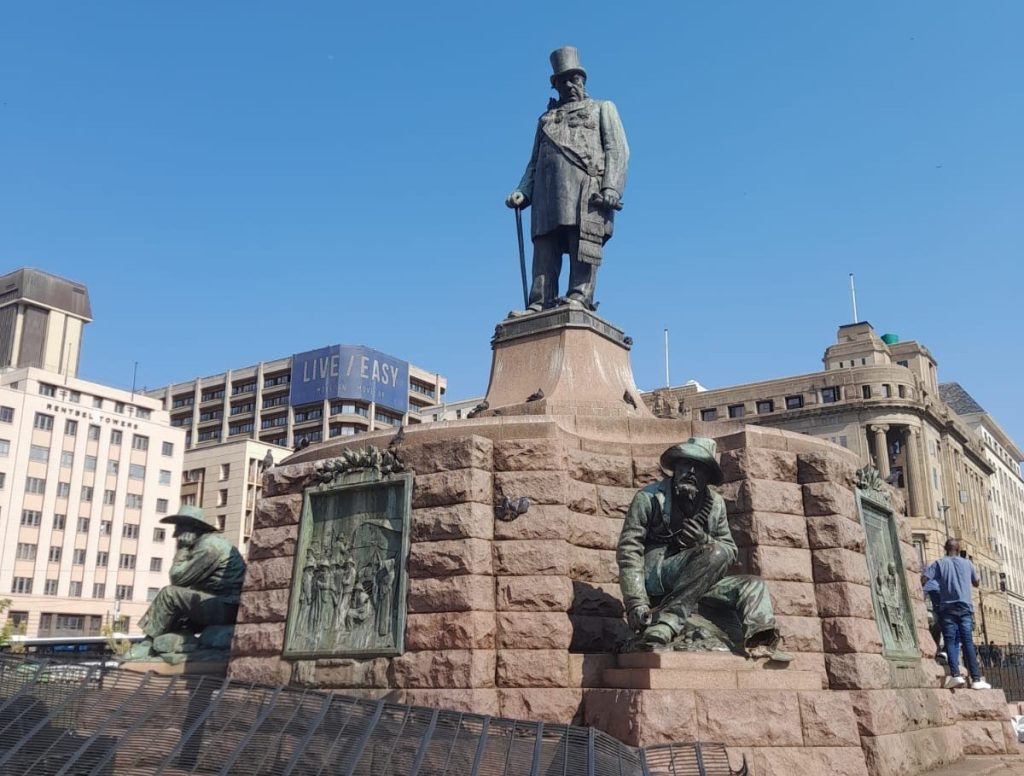By Alana Bailey
In a previous article, “Do not board the flight without a parachute“, AfriForum Worldwide pointed out that it is essential to approach the emigration process with great caution. We often learn of several cases where people are in great distress abroad due to insufficient planning for eventualities. For this reason, we mention a few issues to keep in mind when deciding to relocate abroad on a temporary or permanent basis:
When planning for abroad:
- Ensure that you have medical insurance. No matter how young or healthy you are, should you get injured in an accident, or unexpectedly fall ill, medical costs abroad can easily run into hundreds of thousands and a repatriation flight can literally cost millions.
- Make sure that the offer of employment and immigration documentation you have, are valid. Fraudulent “agents” sometimes deceive people with false documentation. Work with agents who have been in the industry for decades and have an established reputation.
- Do not convert the bursary or salary offered to you into rand. Rather determine the cost of living in the particular country and compare the amount with it when deciding whether you will be able to live on it.
- Determine which income tax regulations will apply to you to avoid paying double tax in both South Africa and your new home.
- Make sure that you have backup plans in place, should your employer suddenly retrench you, or if the business were to close.
- Ensure that you are able to speak the business language or languages of the country where you are going, fluently.
- When intending to study abroad, ensure that the institution and qualification are accredited and recognised in South Africa and elsewhere.
- Do not take belongings with you indiscriminately. Every country has regulations stipulating which items may not be imported ‒ your braai equipment may be illegal import products that you will forfeit and which then would have wasted precious space in your container. Similarly, your favourite sheets may not fit on the new country’s standard sized beds. Expat groups can provide helpful tips in this regard.
- If you have pets, the cost of taking them with you is high, but buying pets abroad is equally expensive. If you leave pets here with friends, family or shelters, the chances that they will find a good permanent home and adapt successfully are very slim. Rather do not get a puppy or kitten if you are considering emigrating in the near future.
- For children, emigration may be a much more traumatic experience than they let on. Keep in touch with their new teachers, because sometimes it may seem as if everything is fine at home, while problems become more evident at school.
- The state will not repatriate you to South Africa in case of emergency. The cost will be your and your family’s responsibility.
- Currently it is essential to make sure that you keep abreast of the COVID-19 regulations of both South Africa and the country you are going to, as well as other countries through which you may be travelling on your way to your final destination. There are constantly new regulations pertaining to vaccination, quarantine and borders closing.
- Do not consider asylum or refugee status as a shortcut to immigration. Applications are rarely approved, regardless of the current crime situation in South Africa, and if your application were to succeed, this type of status is temporary and extremely restrictive. Should an application fail, the fact that you have applied will be recorded, which may make it very difficult to get permission to enter any countries in future.
Do not burn bridges in South Africa ‒ the chance that you will one day return to South Africa can never be ruled out:
- Do not leave debts or fines behind. The arm and the memory of the law are long.
- If possible, keep an active bank account in South Africa, because trying to open one from abroad is difficult to impossible, depending on your personal circumstances.
- Only sell expensive assets such as houses and vehicles once you have settled abroad fairly permanently, otherwise you may not be able to afford what you had if you were to return unexpectedly.
- Think carefully before terminating policies.
- Do not terminate your medical insurance in South Africa prematurely. Should you return, you will in future pay a levy as part of your medical aid premium, calculated on the basis of each year that you had not been a member of a South African scheme.
- When you consider accepting foreign citizenship, first apply for the retention of your South African citizenship, otherwise the chances are very high that you will lose your South African citizenship.
- In addition, also ensure that your South African passport remains valid and always use the South African passport to enter and leave South Africa.
- If you practice a profession where you have to register with a professional council in order to be allowed to practice, you have to keep the registration active. Should your registration expire and you were to return after a few years, the relevant council may force you to retake exams, pay penalties, or do community service, regardless of your achievements abroad.
Share on
Latest articles




















